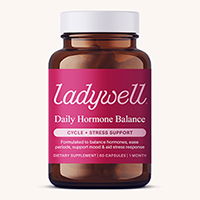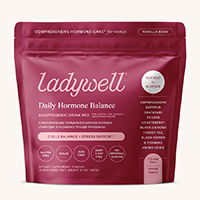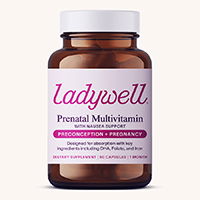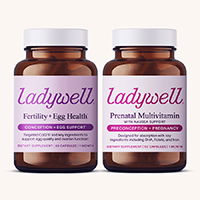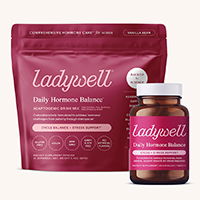Starting a new supplement routine can be exciting and empowering, knowing you’re taking steps to boost your health and well-being. However, experiencing unpleasant side effects like nausea can quickly dampen that enthusiasm.
One of the most common side effects of taking vitamins is digestive discomfort, particularly nausea. But don’t worry—it doesn’t have to stay that way. Below, we’ll break down the reasons this might happen and share some practical tips to help you adjust your routine, so you can enjoy all the benefits of your supplements without the nausea.
Why Do Vitamins Make You Feel Sick?
Not everyone experiences nausea after taking vitamins, but it’s more common during pregnancy. Here are some potential reasons why taking vitamins may lead to an upset stomach:
1. Taking Vitamins on an Empty Stomach
Many vitamins are best absorbed when taken with food. Taking them on an empty stomach, or with just a light snack, can increase the risk of nausea.
2. Taking Too Many at Once
If you’re in the habit of taking all your daily supplements at once, you might be overwhelming your digestive system. High doses of vitamins, especially from comprehensive multivitamins with multiple capsules, can cause stomach upset if taken all at once.
3. Too Much Iron
Iron is a common culprit for digestive distress, especially nausea and constipation. Taking iron away from other supplements or meals can help with absorption and reduce side effects. That’s why products like Needed Prenatal Multi offer iron as a separate supplement.
4. Sensitivity to Fillers or Additives
Not all multivitamins are created equally. Some contain fillers, binders, or chemical additives that may cause digestive upset. Always check the ingredients to avoid unnecessary additives that could be making you feel sick.
How Long Does Vitamin-Induced Nausea Last?
Nausea caused by vitamins typically lasts only a few hours until the supplements are fully digested. However, if you’re pregnant and experiencing nausea, it may be more related to your pregnancy rather than the supplements themselves. If you vomit after taking your vitamin, give your stomach a break and try again the next day.
Tips to Prevent Nausea from Vitamins
The good news is that you don’t have to put up with nausea caused by your vitamins. Here are some tips to help you take your supplements without feeling sick:
1. Take Vitamins with Food
Avoid taking vitamins on an empty stomach. Taking them with food not only helps reduce nausea but also aids absorption. For pregnant women, finding the best time of day to eat a full meal and take supplements can make all the difference. If you struggle with breakfast, try taking your vitamins with dinner instead.
2. Take Prenatal Vitamins with Nausea Support
Ladywell's Prenatal Multivitamins includes added natural nausea support to help ease the stomach. It includes ginger which is an effective remedy for nausea due to its active compounds, such as gingerol and shogaol, which have anti-inflammatory and anti-nausea properties.
3. Break Up Your Dosage
For vitamins that require multiple capsules per dose, consider splitting them throughout the day. For instance, if your prenatal vitamin requires eight capsules, you could take two at breakfast, three at lunch, and three at dinner to lighten the load on your stomach.
4. Start Slowly
If you’re new to a multivitamin or prenatal vitamin, or if nausea is an issue, begin with a smaller dose. Gradually increasing your dosage over time can help your body adjust without causing digestive distress.
5. Consider Potential Medication Interactions
Certain medications may interact with specific vitamins and minerals. Talk to your healthcare provider if you’re concerned about potential interactions with any medications you’re currently taking.
6. Check for Additives
Some vitamins contain fillers and additives that may contribute to nausea. Look for supplements that avoid common irritants like stearic acid, magnesium stearate, artificial colors, and other unnecessary additives. Needed supplements are formulated without these unwanted fillers, offering a cleaner option.
7. Listen to Your Body
If you’ve tried everything and still feel sick after taking vitamins, it might be time to switch to a different supplement. Needed Prenatal Multi Essentials, for example, is a simplified version of their Prenatal Multi, offering fewer capsules and a more manageable dose that’s easier on the stomach.
The Bottom Line
Vitamins are an essential part of maintaining optimal health, especially during pregnancy when prenatal vitamins play a critical role in supporting both you and your baby. However, nausea can make sticking to a supplement routine challenging. By experimenting with different ways of taking your vitamins—whether by adjusting the timing, format, or dosage—you can find a method that allows your body to absorb the benefits of your vitamins without the uncomfortable side effects.






